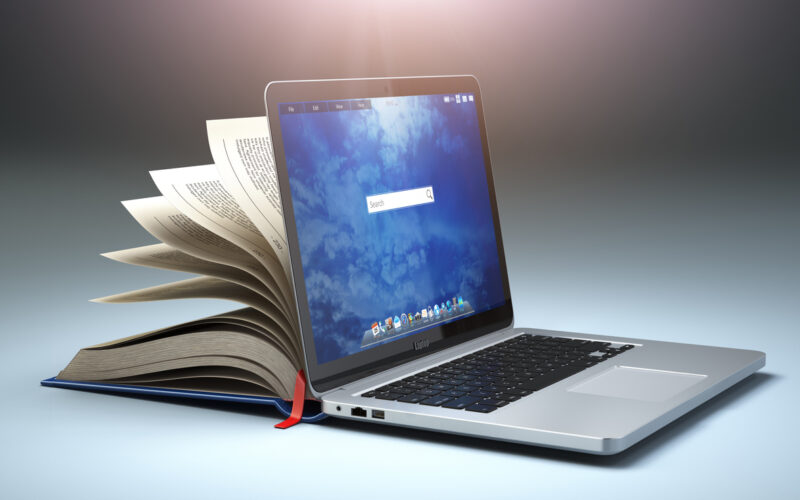What does it mean to be a college student in 2023 when the global pandemic effects are lingering, the cost of higher education is increasing amid high inflation, and generative AI tools are emerging in every aspect of life? And how can institutions like NIU best provide students with innovative educational experiences that prepare them for 21st-century world readiness?
The EDUCAUSE 2023 Students and Technology Report surveyed 1,951 students across 10 U.S. public and private institutions to explore some of these questions. They offered insights into students’ experience with IT and Technology support and services in higher education.
Flexibility, Choice, and Equity in the Student Experience
We read the report so you don’t have to. Here are some key findings that are not only interesting but galvanizing.
Student Perception
Students’ perceptions of their technology experiences are related to the quality of their access to the internet. Off-campus students are happier with the institution’s internet and overall technology services and support than on-campus students.
 We all know the internet is crucial for students to access course materials and communicate with instructors and peers, participate in class activities, and, let’s face it, play games and stream their favorite shows. However, internet quality can vary greatly depending on locations on campus. NIU has an opportunity to make our dorms/residences more enticing with better internet service and technology support.
We all know the internet is crucial for students to access course materials and communicate with instructors and peers, participate in class activities, and, let’s face it, play games and stream their favorite shows. However, internet quality can vary greatly depending on locations on campus. NIU has an opportunity to make our dorms/residences more enticing with better internet service and technology support.
Learning Modalities
Students’ preferences for learning modalities and engagement differ depending on whether they live on or off campus. Off-campus students prefer online and hybrid learning, while on-campus students prefer on-site modalities.
Life happens, but this time, not in a dorm room. As the U.S. birth rate declines, higher education institutions, NIU included, must cater more to distance learners by providing remote and flexible course engagement options that can be completed among kids’ toys and between working hours.
Student Choice
Students are learning to differentiate between personal preferences and ethical concerns in learning modalities (on-site, online, and hybrid), emphasizing the need for choice in engagement modalities. Letting students choose their own engagement modalities leads to higher satisfaction in hybrid courses.
As higher education becomes a learners’ market, technology offers an alternative pathway to more flexible education experiences that accommodate students’ personal preferences and instructors’ academic freedom. Giving students the power to choose not only accommodates students’ personal preferences but also accommodates students’ different learning and accessibility needs, ultimately making the education experience more inclusive and equitable.
Accessibility
Students with disabilities have lower satisfaction with technology support and may have specific learning needs based on their disability.
 As an institution, NIU has an opportunity to lead the effort of assessing and improving the availability and effectiveness of assistive technologies to support students with disabilities or impairments. After all, NIU’s vision is to empower students in ways that enable, rather than restrict, their success in their courses and prepare them for 21st-century world readiness.
As an institution, NIU has an opportunity to lead the effort of assessing and improving the availability and effectiveness of assistive technologies to support students with disabilities or impairments. After all, NIU’s vision is to empower students in ways that enable, rather than restrict, their success in their courses and prepare them for 21st-century world readiness.
For more details, including graphs and data, read the full report.


